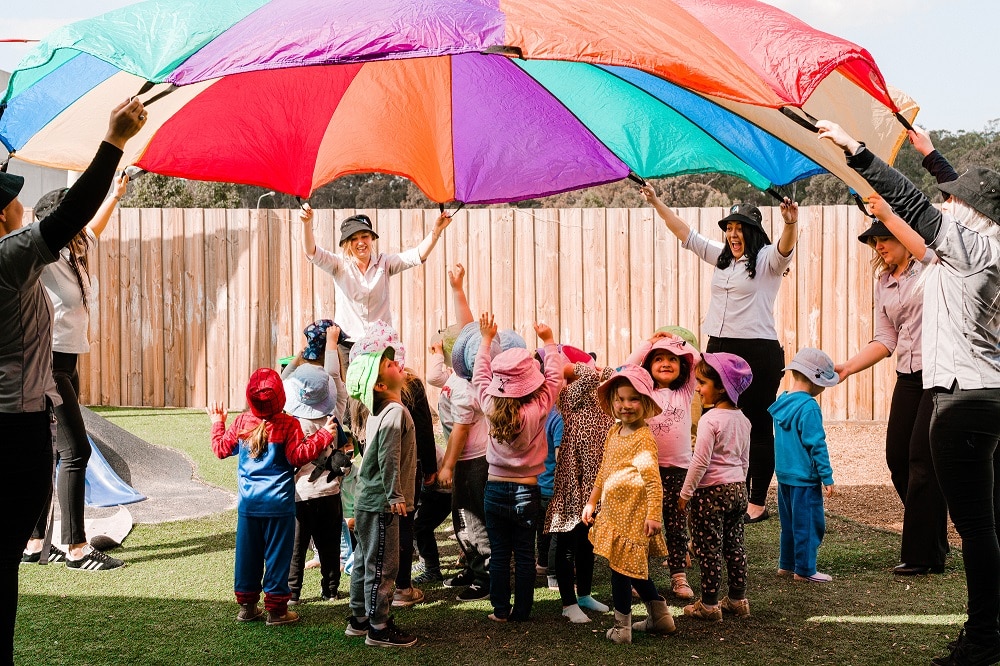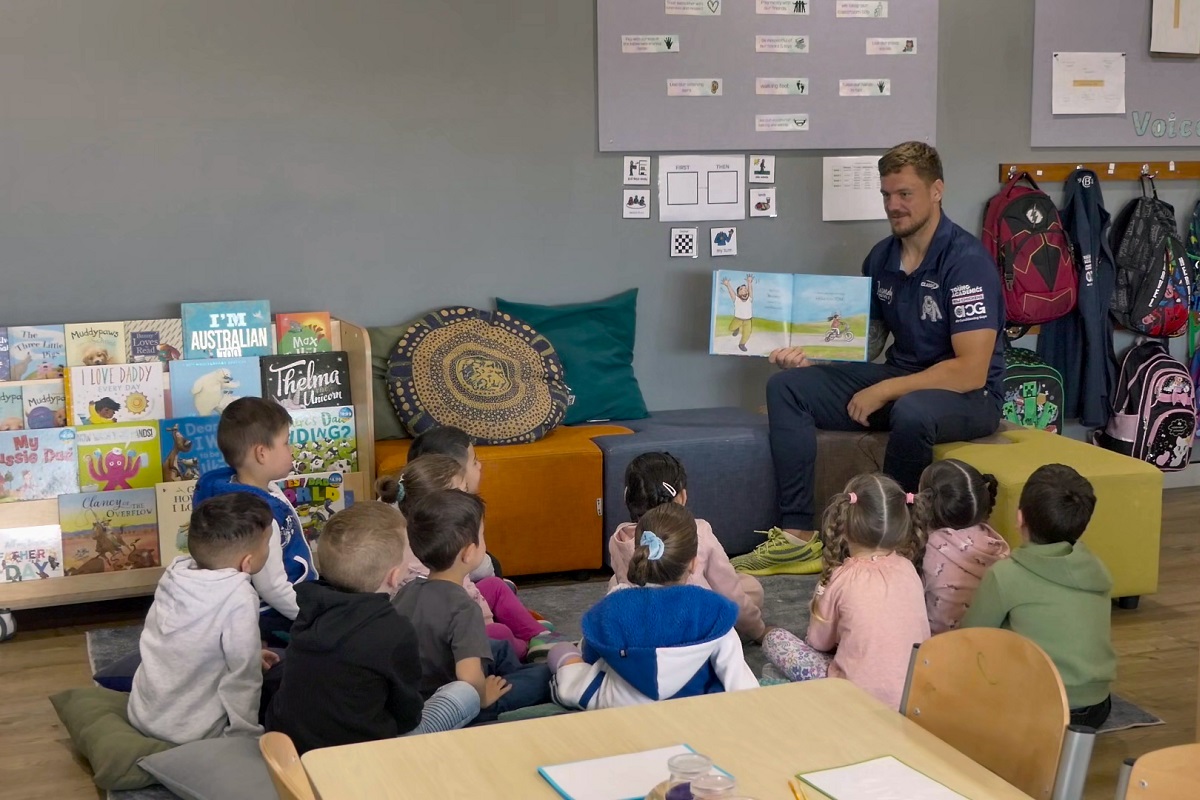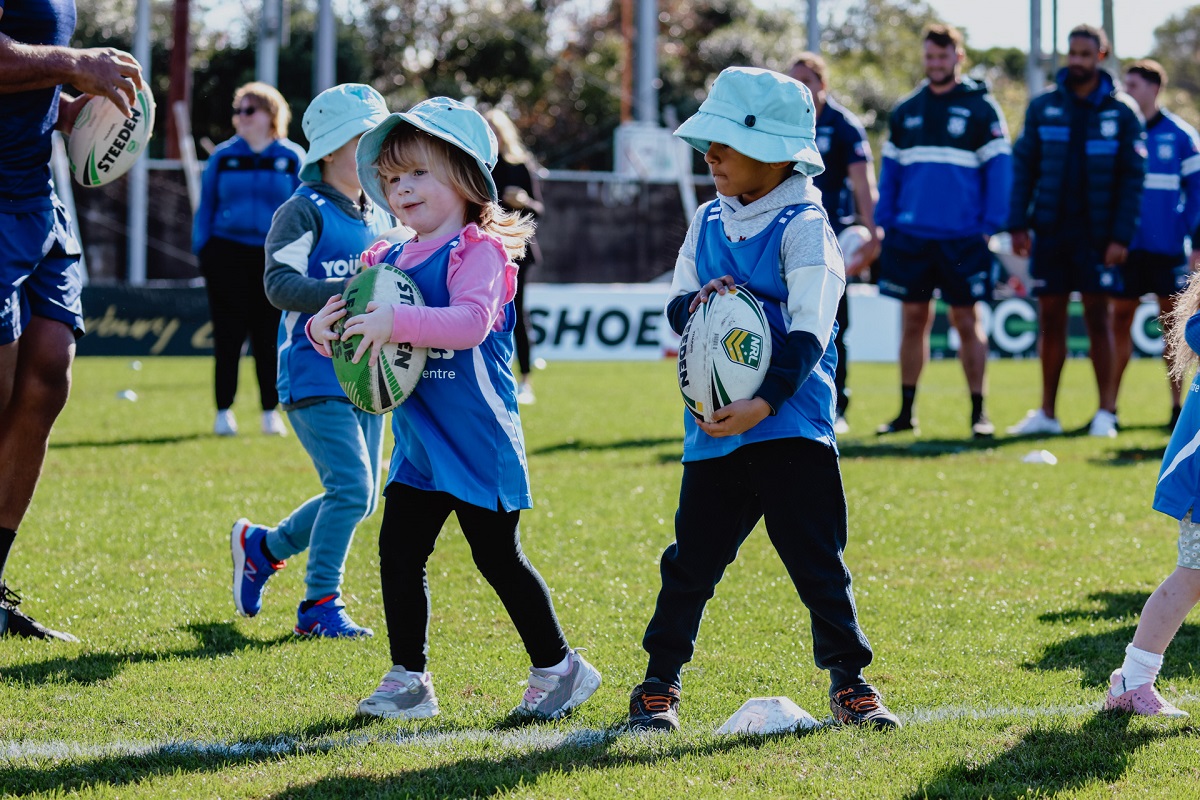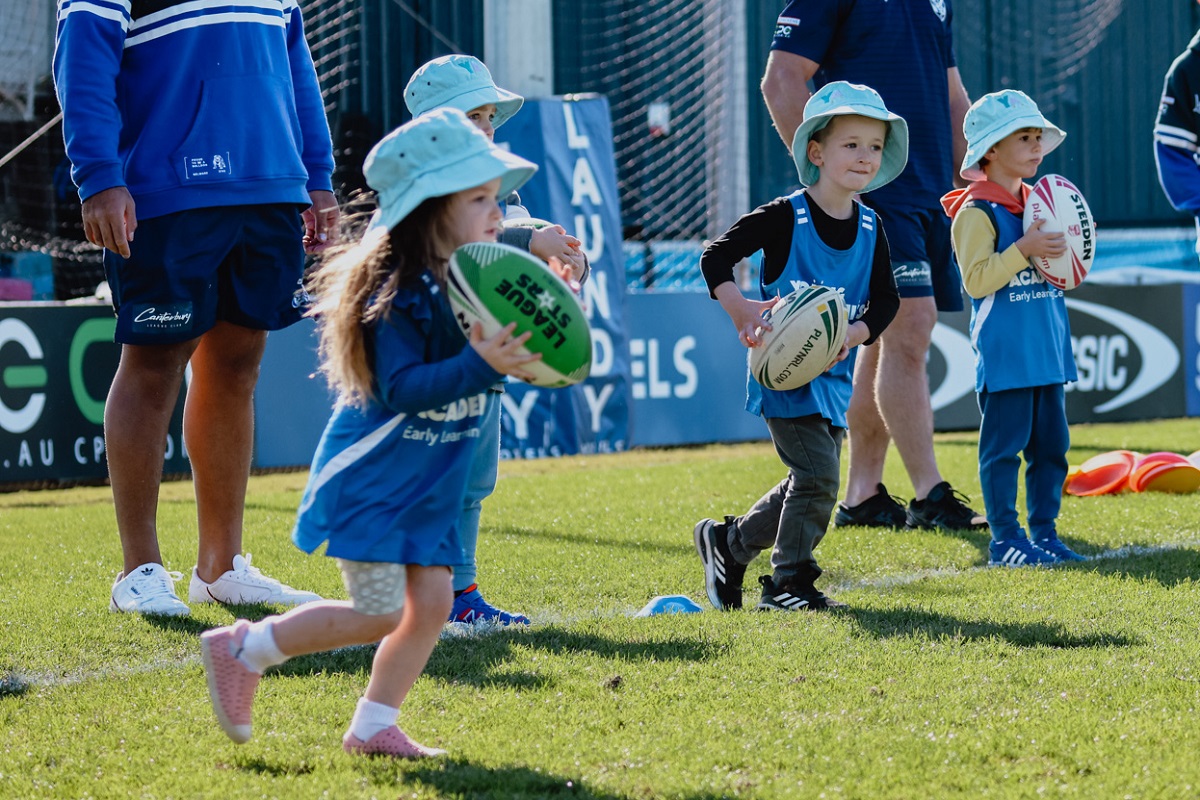Play-based learning is a concept that educators adopted as part of their practice. It is closely associated with intellectual skills, thinking and motivation and thus, has become an important part of childhood education. Despite its benefits, many parents remain uncertain about the effectiveness of play-based early childhood education. To quell concerns from parents, in this article we’ll explore why play-based early childhood education is crucial for your child’s development.
What is play-based early childhood education?
The Early Years Learning Framework defines play-based learning as ‘a context for learning through which children organise and make sense of their social worlds, as they engage actively with people, objects and representations.’ Common activities used in play-based learning include:
- Arts and craft: drawing, painting and finger-painting
- Playing ‘dress-up’
- Drama – singing or playing with dolls
- Playing outdoors, including running, climbing, digging and exploring (never unsupervised)
Play is often social, making a childcare centre the perfect place for your child to engage in play-based learning. Now that you understand the concept of play-based learning, let’s further explore why play-based learning is crucial for early childhood education.
Why play-based learning is crucial in early childhood education
- Encourage language development
In early childhood, a child’s vocabulary develops drastically, making the effectiveness of play-based learning on their language development extremely important and crucial. Play encourages natural conversation between you and your little one, thereby organically developing their vocabulary. Other methods of play such as storytelling and singing can also help a child to learn new words and discover how to use them in their language. However, the important point here is that children have fun with the activity.
- Improve social and emotional skills
Learning how to socially interact and control one’s emotions has a steep learning curve during early childhood. Play is closely associated with the development of each of these skills as it involves the child having to play with others and experience a range of emotions while learning how to identify and respond to different situations and the emotions and motivations of other children. When children play with each other, they learn to get along with each other, communicate their needs verbally (and with words) and resolve conflicts. Additionally, play affords children the opportunity to stress release, allowing them to process their emotions. Through dramatic play (for example, if their doll is hurt), children can learn to demonstrate empathy and care.
- Aid in pre-literacy skills
One of the activities that children can participate in is dramatic lay that incorporates music and rhymes. This supports the children’s pre-literacy skills such as listening and sound recognition. When singing songs or reciting rhymes, children learn to memorise and differentiate sounds, laying the foundation for reading, basic literacy and aiding in the overall development of their cognitive skills. Young Academics helps to improve children’s pre-literacy skills through the Core program which uses intentional play to improve their literacy skills by helping them to understand the relationship between sounds, words and ideas.
- Nurtures imagination
Play is the ‘natural habitat’ of imagination and creativity so, it is only natural that play-based learning fosters both creativity and imagination. When children use their imagination during play-based learning activities, they are able to solve problems creatively, paving the way for constructive imagination and creative problem-solving. In an increasingly modern and innovative world, creativity and imagination skills, particularly when used for problem-solving, is an in-demand and valuable essential life skill.
At Young Academics, we incorporate the play-based learning approach through our Evolution program. Whether spontaneous or intentional, we allow children to engage in critical thinking and provide opportunities for them to problem-solve. Our resources and educators encourage play-based learning regularly, prompting children to use their imagination and simultaneously creating a life-long love for learning.
For more information about our centre, contact us today on 1300 668 993.
Want to join the Young Academics family? Drop your details here, and our friendly team will be in touch with you shortly.



 BACK
BACK



